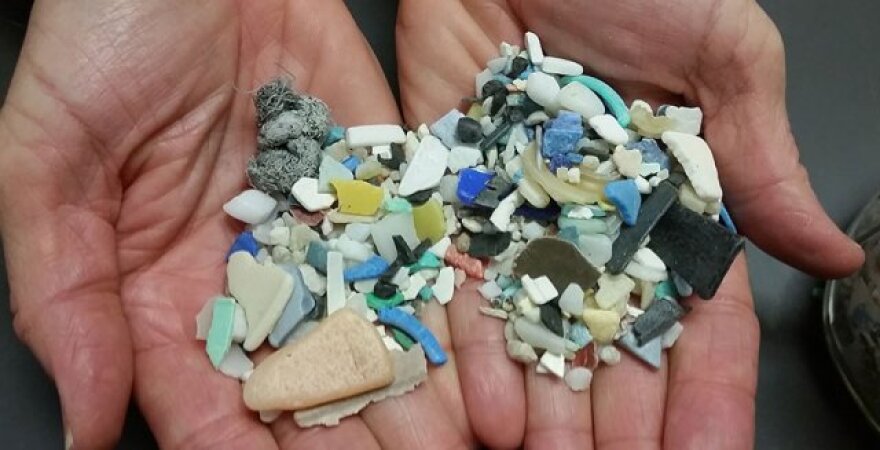Research is underway in the Great Lakes to discover the impact microplastics have on aquatic ecosystems.
Microplastics are degraded pieces of plastic from everyday objects, like grocery bags. They're around the size of a grain of rice and experts say they can be harmful to human health.
More than 22 million pounds of plastic pollution end up in the Great Lakes every year, according to the Rochester Institute of Technology. Instead of going away, plastic pollution breaks down into these smaller microplastics.
Chelsea Rochman is an associate professor at the University of Toronto, who is leading a research project..
She says the goal for this project is to find out how microplastics degrade over time and the impact it has on fish.
The University of Toronto is leading the research at the Environmental Lakes area.
"It is incredibly unique in that it's one of the only places in the world where you can actually add a contaminant or essentially pollute a lake," Rochman said. "In order to better understand how stressors like mercury or flame retardant, PFAS, in this case microplastics impact aquatic ecosystems."
The 56-member team recently completed year three of the twelve year study. They will now look into how to reverse the amount of microplastics in the lake and the direct impacts on fish.
"It is certainly getting into our organisms, our animals, some of which we use as a resource," Rochman said about the consequences of microplastics.
According to a study of three Lake Michigan rivers, researchers discovered that 85% of the fish sampled had microplastics in their digestive tracts. Microplastics are harmful to fish because it causes cell damage, oxygen imbalance and gut damage, another study says.
These tiny pieces of plastic affect humans too by harming human's digestive systems, lung and reproductive systems. Another study says that an adult who eats the recommended one to four servings of fish a week consumes between 500 and 3,000 microplastics per year.
"We know we're eating plastics and drinking plastics with our water," Rochman said. "It's in the dust in our houses that fall on our food as we eat."
She says that there are various things that can be done to reduce the amount of plastic pollution in the Great Lakes. "I think the priorities would be reducing our use of single-use plastics that cannot be easily recycled." Rochman said.
She says that having policies in place to reduce the use of once used and throw away plastics are important.
"Getting rid of single-use items is not convenient, but it would make a big difference." Rochman said.




